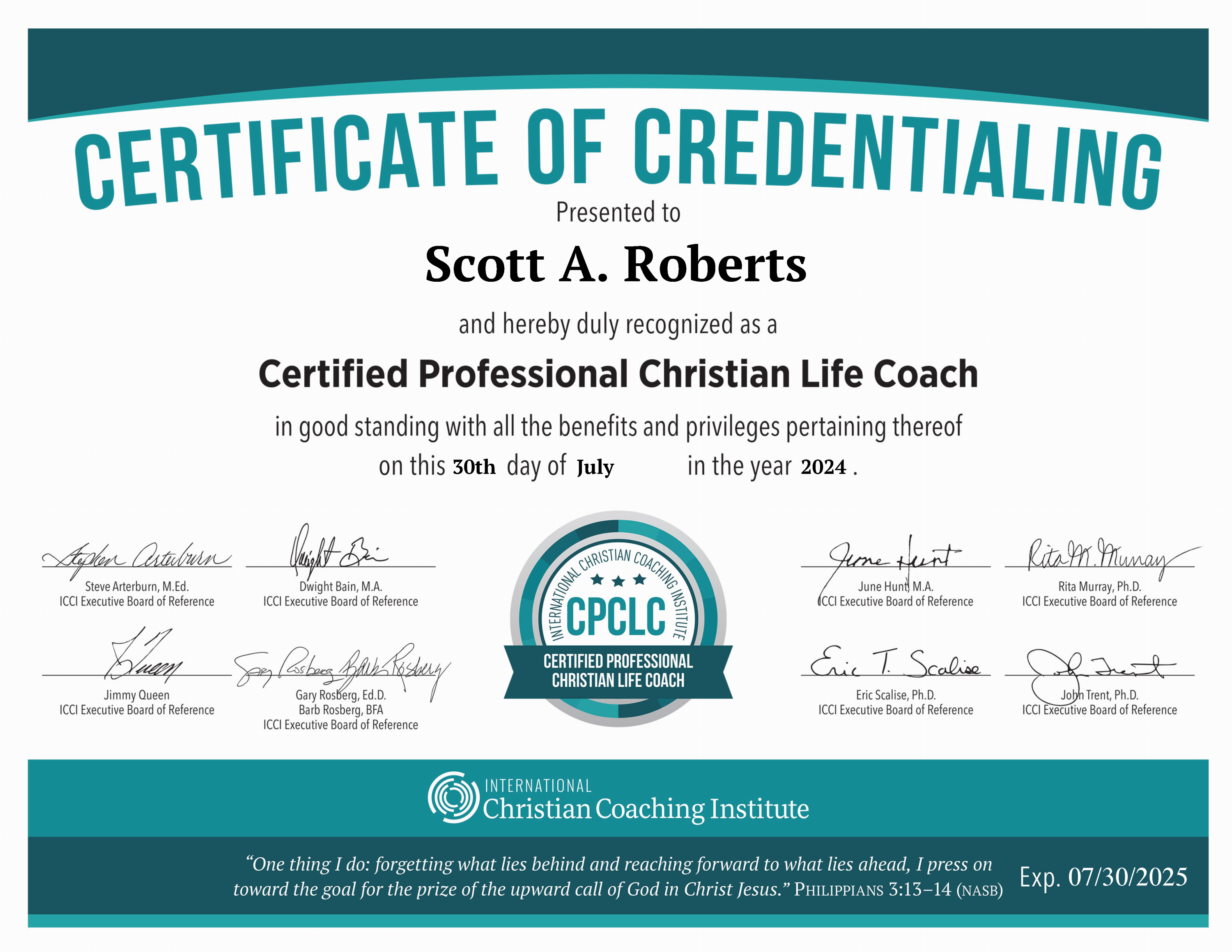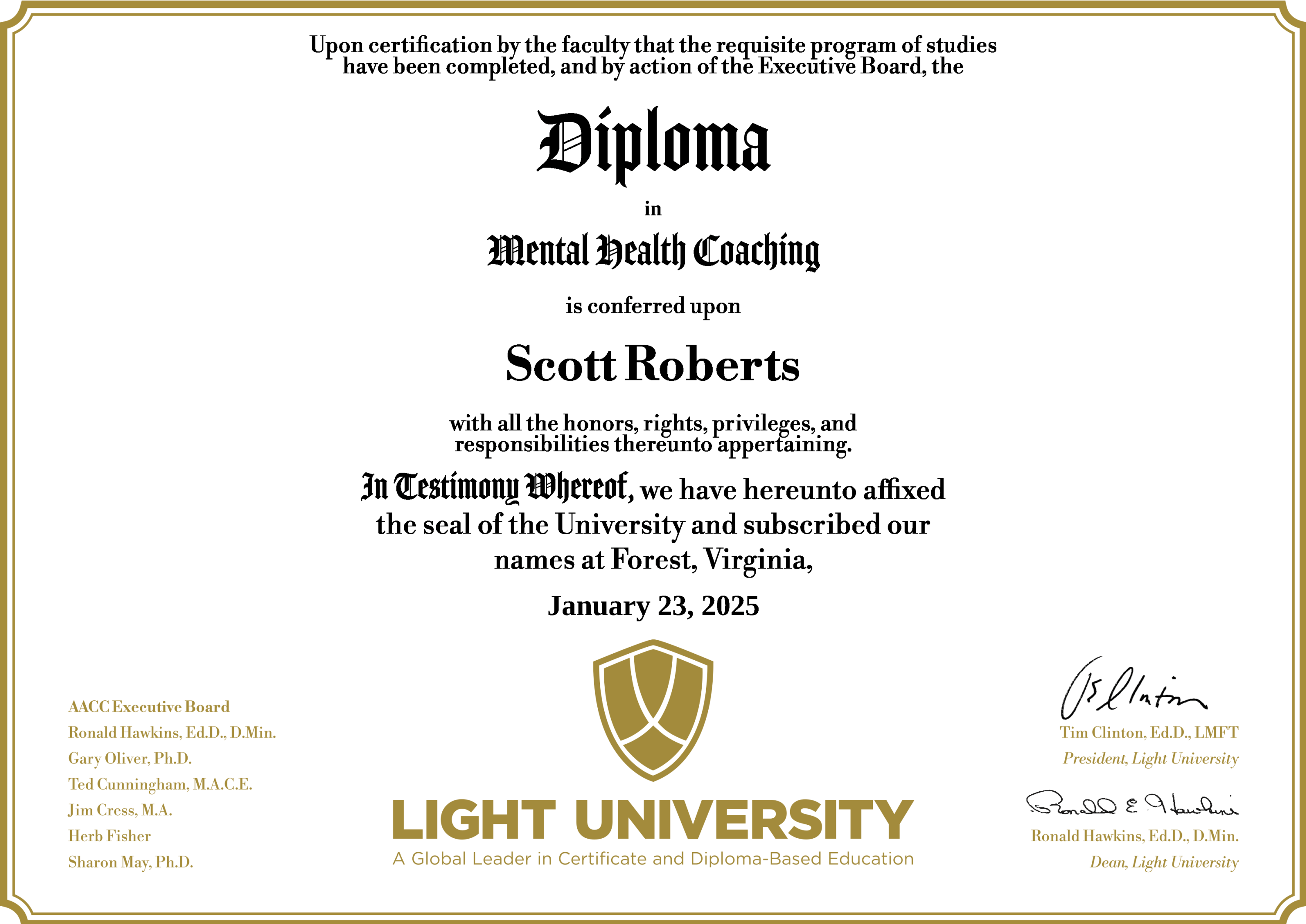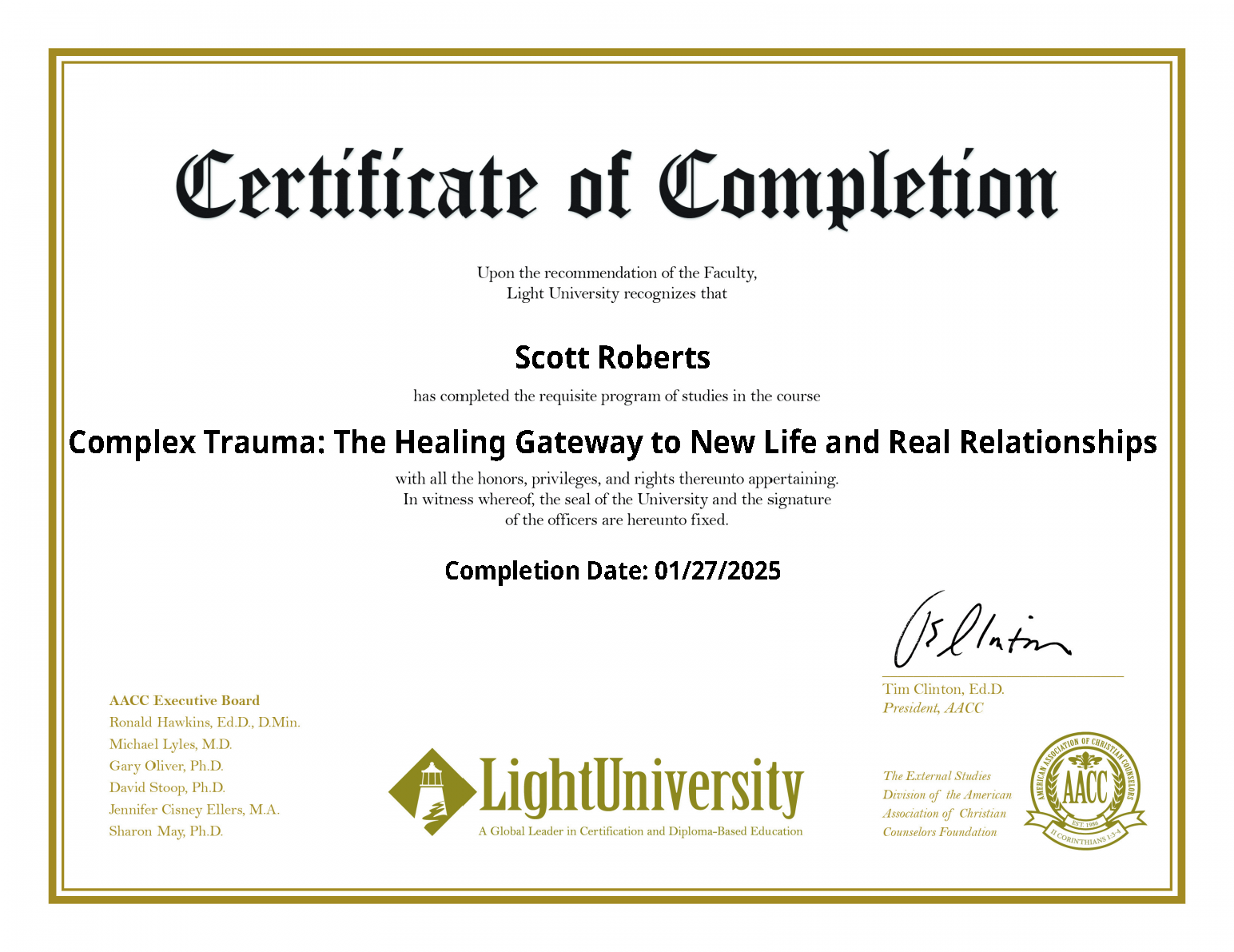
Wind Down with a Nighttime Routine – Prepare for Restful Sleep with Intentional Habits
Are you a busy professional, entrepreneur, student, or parent constantly juggling responsibilities? Do you find yourself struggling to switch off at the end of the day, leaving you tossing and turning, yearning for a good night's sleep? You're not alone. In today's fast-paced world, winding down before bed is more crucial than ever. A well-crafted nighttime routine can be your secret weapon to unlock restful sleep, improve your overall well-being, and tackle your daily challenges with renewed energy. Let's explore how establishing intentional habits before bed can transform your sleep and your life.
1. The Importance of a Nighttime Routine
In our hyper-connected world, sleep often takes a backseat. But neglecting sleep has serious consequences. According to the National Sleep Foundation's 2025 Sleep in America Poll, nearly 4 in 10 adults score poorly on overall sleep health metrics. That's a staggering number! 60% of adults aren't getting enough sleep, and almost half experience trouble staying asleep three or more nights a week [3]. This sleep deficit impacts everything from productivity and mood to long-term health.
Establishing Consistency:
A consistent nighttime routine acts as a powerful signal to your body that it's time to wind down. Think of it as setting a biological alarm clock in reverse. When you consistently engage in the same activities each evening, your body begins to anticipate sleep, triggering the release of melatonin, the sleep hormone. A landmark study analyzing sleep and behavior data from 143 six-year-old children found that those who followed consistent bedtime routines and fell asleep at the same time each night displayed significantly better control of their emotions and behavior when under stress or working with others [2]. The research revealed that bedtime variability is directly correlated with difficulties in self-regulation. Children whose bedtime varied by 20 minutes per night over a week typically displayed better self-regulation than those whose bedtime varied by two hours across the week [2].
Mental Preparation:
Beyond the physical benefits, a nighttime routine provides crucial mental preparation for sleep. It's a dedicated time to de-stress, process the day's events, and quiet the mental chatter that often keeps us awake. By engaging in calming activities, you can reduce stress and anxiety, paving the way for a more peaceful and restorative sleep. This is especially important given the rise of "sleep anxiety," defined as excessive worry about sleep quality or the inability to fall asleep [1]. The American Academy of Sleep Medicine reports that sleep anxiety has become more prevalent, particularly among younger generations who experience heightened stress from social media consumption, career instability, and constant connectivity [1].
2. Components of an Effective Nighttime Routine
Building an effective nighttime routine doesn't require a complete overhaul of your evening. It's about incorporating small, intentional changes that promote relaxation and prepare your mind and body for sleep.
Consistent Bedtime:
One of the cornerstones of a successful nighttime routine is maintaining a consistent bedtime, even on weekends. This helps regulate your circadian rhythm, your body's natural sleep-wake cycle. As Dr. Orfeu Buxton, the Elizabeth Fenton Susman Professor of Biobehavioral Health at Penn State, emphasized, "Parenting matters. When parents establish clear structures and respond to their child's needs appropriately, children have better outcomes in weight regulation and behavior — even years later" [2]. This principle applies to adults as well. Aim to go to bed and wake up around the same time each day to optimize your sleep.
Creating a Calm Environment:
Your sleep environment plays a significant role in your ability to fall asleep and stay asleep. Transform your bedroom into a sanctuary of calm.
- Dim the Lights: Bright lights, especially blue light from electronic devices, can suppress melatonin production and interfere with sleep. Dim the lights in your bedroom at least an hour before bed.
- Optimize Temperature: Medical research indicates that sleep is most efficient and restful when nighttime bedroom temperatures are maintained between 20-25°C (68-77°F) [17][19]. The Sleep Foundation recommends that nighttime temperature be 2-5 degrees cooler than daytime or evening temperature in the home [19].
- Consider Calming Scents: Aromatherapy, particularly with lavender essential oil, can promote relaxation and improve sleep quality. Lavender has been used to aid sleep for centuries, with numerous studies proving its effectiveness across diverse populations [9]. Research has shown that lavender improved sleep quality in fifteen healthy students, sixty-four heart disease patients, and thirty-four midlife women with insomnia [9]. The active compounds in lavender essential oil, including linalool, linalyl acetate, and camphor, act as anxiety relievers and sedatives [9].
3. Activities to Include in Your Nighttime Routine
Now, let's explore some specific activities you can incorporate into your nighttime routine to promote relaxation and prepare for sleep.
Digital Detox:
In today's digital age, a digital detox is essential for good sleep hygiene. Turn off all screens – smartphones, tablets, laptops, and TVs – at least an hour before bed. A comprehensive systematic literature review examining digital detox as a means to enhance eudaimonic well-being found that deliberate withdrawal from digital devices provides substantial cognitive and emotional benefits [5]. The study concluded that digital detox practices can significantly promote well-being by improving attention, reducing stress, and enhancing self-reflection [5]. A Norwegian study examining screen time at bedtime found that one hour of screen time resulted in a 59% higher risk of insomnia and 24 fewer minutes of sleep [6]. If you must use screens, consider blue light filtering software or blue light blocking glasses.
Relaxation Techniques:
Incorporate relaxation techniques into your routine to calm your mind and body.
- Deep Breathing: Practice deep, slow breathing exercises to activate your parasympathetic nervous system, which promotes relaxation.
- Meditation: Mindfulness meditation has demonstrated remarkable effectiveness in improving sleep quality across diverse populations and conditions. A scoping review investigating mindfulness meditation for sleep disturbances among individuals with mild cognitive impairment and Alzheimer's disease found significant improvements in sleep quality, reduced insomnia severity, and enhanced overall well-being [7].
- Gentle Yoga: Gentle yoga stretches can release tension in your muscles and promote relaxation.
Reading or Journaling:
Engage in calming activities that help you transition from day to night.
- Reading: Choose fiction or non-fiction books that are not work-related or overly stimulating.
- Journaling: Writing in a journal can help you process your thoughts and emotions, reducing stress and anxiety.
4. Tips for Creating Your Own Personalized Nighttime Routine
The key to a successful nighttime routine is personalization. What works for one person may not work for another.
Experimentation is Key:
Try different activities and find what resonates with you. Don't be afraid to adjust your routine as needed.
Visual Reminders:
Use visual cues to remind you to stick to your routine. Set reminders on your phone, place sticky notes around your living space, or create a visual checklist.
5. Overcoming Common Barriers
It's important to acknowledge and address common barriers that can derail your nighttime routine.
- Busy Lifestyles: Even with a busy schedule, you can find time for a brief nighttime routine. Start with just 15-20 minutes and gradually increase the duration as needed.
- Distractions: Minimize distractions by creating a quiet and peaceful environment. Turn off notifications on your phone and let your family know that you need some quiet time.
- Difficulty Unwinding: If you struggle to unwind after a long day, try progressive muscle relaxation or guided meditation to calm your mind and body.
6. Tracking Progress
Keep track of your sleep patterns to monitor the effectiveness of your nighttime routine. Use a sleep journal or a sleep tracking app to record your bedtime, wake-up time, sleep duration, and sleep quality.
7. Celebrate Small Wins
Acknowledge and celebrate improvements in your sleep quality and overall well-being. Recognizing these victories will motivate you to stick to your routine.
Conclusion
Creating an intentional nighttime routine is an investment in your sleep, your health, and your overall well-being. By establishing consistent habits, creating a calm environment, and incorporating relaxation techniques, you can prepare for restful sleep and wake up feeling refreshed and ready to tackle your daily challenges. Don't let another night of restless sleep pass you by. Start building your personalized nighttime routine today and unlock the power of restful sleep!
Ready to transform your sleep? Start tonight!
Resources for Further Reading & Apps
Books:
- The Miracle Morning by Hal Elrod – Focuses on morning routines but emphasizes overall daily habits, including nighttime routines.
- Why We Sleep by Matthew Walker – Provides insights into the science behind sleep and its critical role in our health.
Articles:
- Wind Down Right: Night Routine Tips That Actually Work by Rhea Sanghvi – Practical tips on creating effective nighttime routines.
- How to Build a Better Bedtime Routine for Adults by Danielle Pacheco – Covers essential components for adults looking to improve their bedtime rituals.
Apps:
- Calm: Offers guided meditations, soothing sounds, and bedtime stories explicitly designed for relaxation before sleep.
- Headspace: Provides mindfulness exercises tailored toward stress relief and better sleeping patterns through guided sessions focused on winding down effectively at night.
- Sleep Cycle: Tracks your sleeping patterns while offering insights into improving your nightly rest based on data collected throughout usage periods over time.
Sources and References
[1]https://globalwellnessinstitute.org/global-wellness-institute-blog/2025/04/02/sleep-initiative-trends-for-2025/
[2]https://www.psu.edu/news/health-and-human-development/story/consistent-bedtime-linked-better-child-emotion-and-behavior
[3]https://www.thensf.org/wp-content/uploads/2025/03/NSF_SIA_2025-Report_final.pdf
[4]https://pmc.ncbi.nlm.nih.gov/articles/PMC9424753/
[5]https://www.frontiersin.org/journals/human-dynamics/articles/10.3389/fhumd.2025.1572587/full
[6]https://www.healthline.com/health-news/screen-time-bedtime-insomnia-risk
[7]https://pubmed.ncbi.nlm.nih.gov/39942485/
[8]https://www.nature.com/articles/s41598-024-68591-5
[9]https://lavenderbythebay.com/blogs/lavender-by-the-bay/lavender-and-sleep
[10]https://www.frontiersin.org/journals/psychology/articles/10.3389/fpsyg.2025.1508934/full
[11]https://www.bannerhealth.com/healthcareblog/teach-me/tips-for-using-lavender-for-relaxation-and-sleep
[12]https://irispublishers.com/wjypr/pdf/WJYPR.MS.ID.000587.pdf
[13]https://pmc.ncbi.nlm.nih.gov/articles/PMC10002474/
[14]https://www.sleepfoundation.org/insomnia/treatment/cognitive-behavioral-therapy-insomnia
[15]https://www.health.harvard.edu/staying-healthy/sleep-hygiene-simple-practices-for-better-rest
[16]https://www.healthline.com/health/adhd/how-to-establish-a-bedtime-routine-with-adhd
[17]https://ruuvi.com/enhance-your-sleep-creating-the-ideal-bedroom-environment/
[18]https://pmc.ncbi.nlm.nih.gov/articles/PMC1933584/
[19]https://www.trane.com/residential/en/resources/blog/ideal-temperature-and-humidity-sleep/
[20]https://pmc.ncbi.nlm.nih.gov/articles/PMC10656850/
[21]https://amerisleep.com/blog/sleep-tourism-survey/
[22]https://marketintelo.com/report/sleep-coaching-services-market
[23]https://www.sleepfoundation.org/best-alarm-clocks/best-sunrise-alarm-clock












 Introducing Scott, a Certified Professional Christian Life Coach (CPCLC) and a passionate advocate for life optimization. With his certification, Scott brings a wealth of knowledge and expertise to his role as a guide, helping individuals unlock their fullest potential by applying transformative, faith-based principles.
Introducing Scott, a Certified Professional Christian Life Coach (CPCLC) and a passionate advocate for life optimization. With his certification, Scott brings a wealth of knowledge and expertise to his role as a guide, helping individuals unlock their fullest potential by applying transformative, faith-based principles.




0 Comments